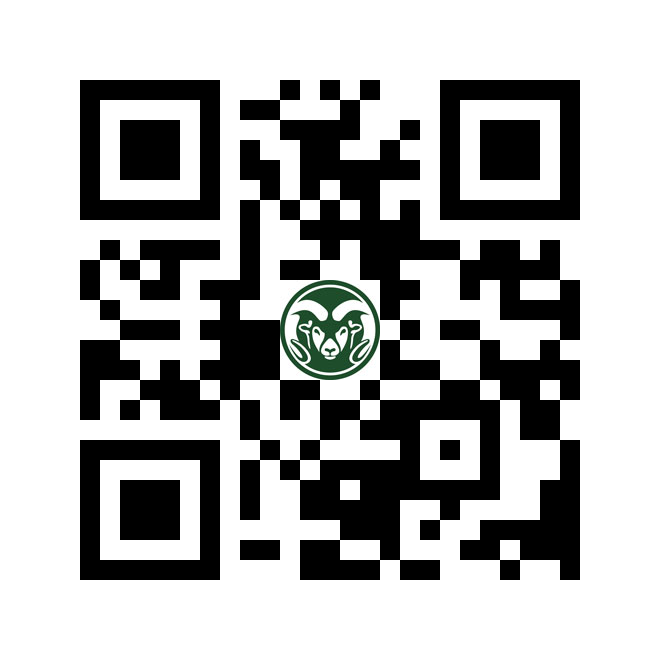Course Objectives
The aim of this course is to provide an overview of many statistical inference methods in modern statistical data analysis.
Learning Outcomes
The students will be able to
- implement likelihood-based methods to modern data analysis problems.
- implement computation-based methods, e.g., jackknife, bootstrap, for statistical inference.
- test statistical hypotheses using permutation and rank tests.
- use nonparametric techniques for data analysis.
- apply statistical inference tools, e.g., estimating equations, to evaluate validity and applicability of data analysis results.
- implement statistical inference tools in their future work/research.
Prerequisites
STAT 530, 620, 640.
Texts
Essential Statistical Inference: Theory and Methods, Dennis D Boos and L. A Stefanski, Springer, 2013.
Optional references:
All of Statistics: A Concise Course in Statistical Inference, Larry Wasserman, Springer, 2004.
Bayesian and Frequentist Regression Methods, Jon Wakefield, Springer, 2013.
Computing
Students are expected to have knowledge of and have access to R. R is available from http://cran.r-project.org/ and is free. We may use some packages available from the R website.
Classwork and Grading
Homework (50%) Homework will be assigned weekly. All homework assignments are due at 4pm on Fridays. Each homework assignment will receive equal weight in the final grade. Late work is not accepted unless we have talked about it before the due date.
Midterm (25%) There will be one midterm exam on October 17, 2024 (subject to change).
Final Exam (25%)
A pdf of your homework will need to be turned in to https://canvas.colostate.edu.
Exams will be take-home. More details to follow.
Any homework or exam grading dispute must be submitted in writing to me within one week after the work is returned.
Policy Regarding Academic Honesty
Statisticians need to have high ethical standards. Thus, I expect each of you to hold high ethical standards and to act with academic integrity in this class. Academic dishonesty will not be tolerated. Students are reminded of the honor code:
As a student at Colorado State University, I recognize my active role in building a Campus of Character. This includes my commitment to honesty, integrity, and responsibility within the campus community. As such, I will refrain from acts of academic misconduct.
Support Services Available
CSU COVID-19 Recovery Page On our road to recovery during these unprecedented times, Colorado State University is committed to the health of our students, faculty and staff, as well as to the health of our university and our ability to continue to empower our community through our land-grant mission of academics, research and outreach.
CSU Health Network Counseling Services A variety of services are offered (151 W. Lake St., Drop-in hours: Monday-Friday 9am-4pm). If you are having difficulty coping, are feeling depressed, or need other psychological assistance, please contact the counseling center.
CSU Disability Center Located in the TILT building. Students with both permanent and temporary limitations and health conditions (physical and mental health) are eligible for support. If you need specific accommodations in this class, please meet with me outside of class to discuss your needs as early in the class as possible.
CSU TILT The Institute for Learning and Teaching has programs to help students improve their study habits, reduce test anxiety, learn about academic integrity, and more.
Additional CSU Policies
Linked page provides policies relevant to your courses and resources to help with various challenges you may encounter.
Disclaimer
I reserve the right to make amendments to the syllabus and the schedule throughout the semester. Any updates will be posted on the class website and announced via e-mail and in class.
